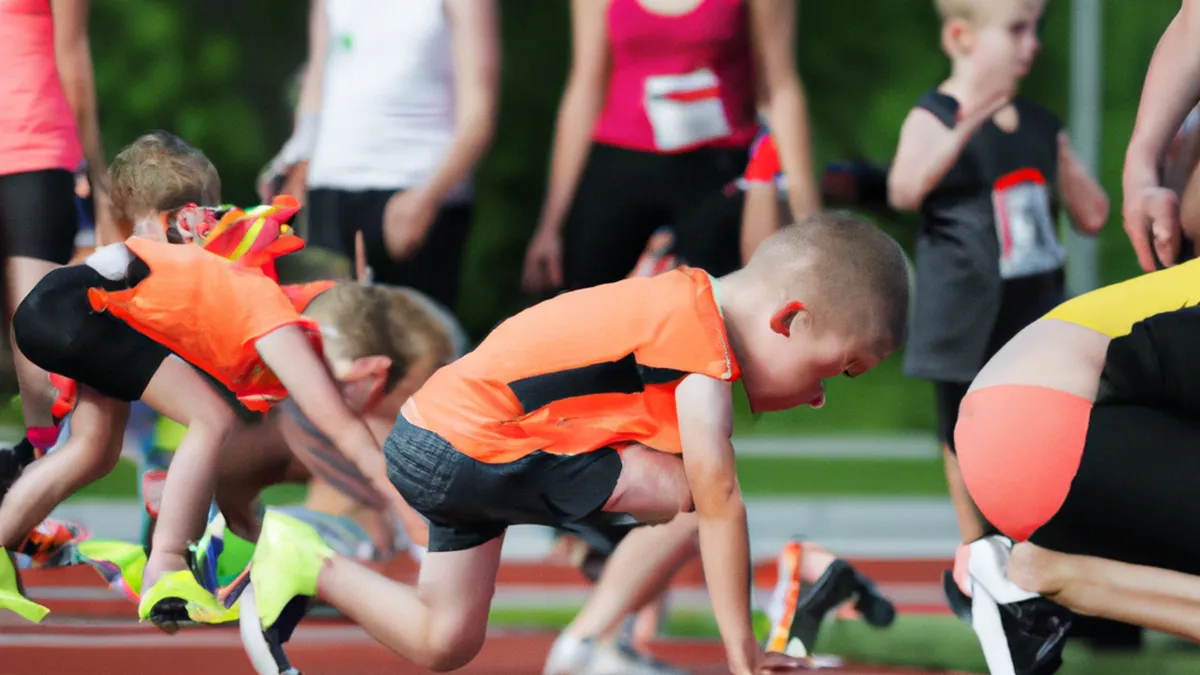Nurturing Sprinting Talent with Family Involvement
The Role of Family Support in Sprint Athlete Development
Sprint athletes encounter unique challenges on their path to excellence. They train hard, master techniques, and maintain discipline. However, family support plays a crucial role in their success. A strong family network encourages athletes and provides emotional backing. This blog post examines how family support impacts sprint athletes’ emotional well-being, training needs, and long-term success.
The Importance of Emotional Support
Emotional support forms the foundation of an athlete’s success. Sprinting requires motivation, perseverance, and confidence. Family members help cultivate these qualities. When athletes face setbacks, a supportive family reminds them of their goals and encourages resilience.
A pep talk before a race can significantly boost an athlete’s morale. This encouragement helps athletes feeling anxious about their performance. Additionally, family members create a positive environment by celebrating victories, reinforcing the athlete’s sense of achievement.
Encouragement During Tough Times
All athletes face challenges. Injuries, poor performances, and mental blocks can hinder progress. During tough times, family support proves crucial. Loved ones’ encouragement helps athletes stay focused on recovery and growth.
For example, a family member might help an athlete process feelings after a disappointing race. This conversation provides valuable insights and renews commitment to training. Knowing someone believes in them motivates athletes to overcome difficulties.
Providing Practical Support
Families offer practical assistance essential for athlete development. This support includes transportation to training sessions, financial help for equipment, and healthy meals to fuel rigorous training.
Many young athletes rely on their family members for travel expenses and specialized coaching costs. These expenses add up quickly, and family support eases financial pressure, allowing athletes to concentrate on training.
Families also help create balanced schedules. Balancing academics and athletics is vital. Family members assist athletes in prioritizing commitments, ensuring they allocate time for training while maintaining their education. By fostering time-management skills, families prepare athletes for success on and off the track.
The Role of Communication
Open communication between athletes and families fosters a supportive environment. When athletes discuss their aspirations, fears, and frustrations, they strengthen bonds with family members. This dialogue enhances trust and helps families understand the unique pressures athletes face.
Listening and Understanding
Active listening is crucial for family members. By taking time to listen, they show athletes they care.
Conclusion
Family support significantly influences sprint athlete development, impacting emotional well-being, training, and overall success.
Below are related products based on this post:
FAQ
How does family support enhance the emotional well-being of sprint athletes?
Family support plays a vital role in enhancing the emotional well-being of sprint athletes by providing motivation, encouragement, and a positive environment. When facing setbacks, family members remind athletes of their goals and help them cultivate resilience. A pep talk before a race can boost morale, and celebrating victories reinforces the athlete’s sense of achievement.
What practical support do families provide to help sprint athletes succeed?
Families provide essential practical support that aids in athlete development, including transportation to training sessions, financial assistance for equipment, and preparing healthy meals. This support alleviates financial pressure and allows athletes to focus on their training, while also helping them balance academics and athletics by fostering time-management skills.
Why is open communication important between athletes and their families?
Open communication is crucial because it fosters a supportive environment where athletes feel comfortable discussing their aspirations, fears, and frustrations. This dialogue strengthens bonds and enhances trust, helping families understand the unique pressures athletes face, ultimately leading to better emotional and practical support.















Post Comment